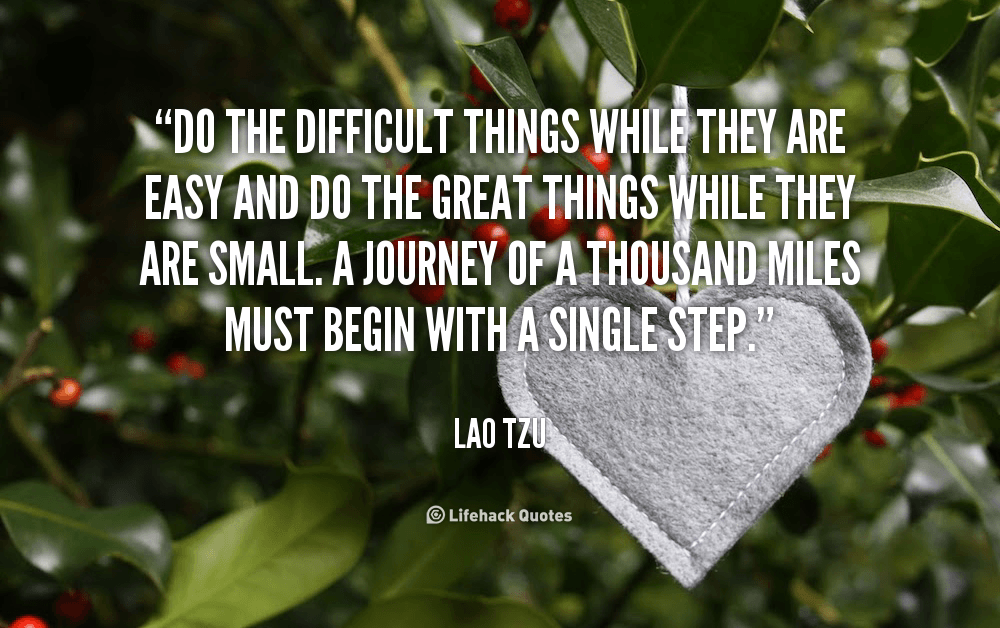


For example, a team of executives recently tried to block off their mornings from meetings to get their best work done. One way to do that is by sharing stories of trying, in a setting where attempts are prized as much as the results. To challenge patterns or systems that enable or inhibit new habits from taking hold, it’s helpful to have the support of others. For example, instead of debating whether to make a healthy choice at lunch, ask yourself: Do I want this fresh salad that’s going to give me energy or this donut that I felt sick after eating last time and made me sleepy? Put into a work context: Do I want to experiment with a new project management tool that might make things easier for my team next week, or do I want to stick with the same spreadsheet that a former employee established that none of us feel great about anyway?įinally, we can accomplish hard things by practicing the habits of a growth mindset and notice when we revert to old ways of thinking and behaving. But we can mitigate that response by challenging ourselves to be innovative and provide incentives. When we have a choice, our brains often want to default to something easy. Second, we must give our brains the right amount of autonomy. For example, literally saying to yourself, “I’m going to feel better once I get this new process down on paper,” might be enough to get your brain out of an unproductive loop. Reappraisal can be incredibly effective when we choose one simple, sticky word or phrase that labels where we want to be. One way we can get ourselves in the right mindset is to do what’s called “reappraisal,” in which we create a shift in our brain of how we perceive a task. When they’re feeling upbeat, however, they’re more likely to take on the hard-but-essential tasks that ultimately make life better. A 2016 study found that when people are upset, they’re less likely to try to do hard things. So, how do we do hard things when our brains are constantly telling us to avoid effort?įirst, tackle them when we’re in a good mood. It compounds, continuing to signal all the reasons we should go back to the way it was before - when our muscles didn’t hurt, when we grabbed drinks with our friends, when we didn’t fight with our partners over spending $100 a month on a gym membership. The schedule keeps us from the quality time we used to spend catching up with friends. The money we’ve spent on the new hobby causes friction in our household. Neither does the next run, or the run after that. When we go for that initial run, it doesn’t feel good. Or maybe a doctor told us it’s a requirement for a lifestyle change or an incentive pops up to spur us on.īut a funny thing can happen. Maybe we have an insight - “If I can run a mile, I’ll have more energy to play with my young kids” - that generates an impetus for action.

Think about starting a new exercise routine. Other newsletters or opt out at any time by managing yourĪnd yet, we know hard actions can have tremendous benefits - ones that may not be visible for some time. Those networks are so deep in our thinking that when we’re traveling a new and challenging path - regardless of what that path is - our wheels default back to the worn-in grooves.
#Things that are almost impossible to do how to
They default to what feels “normal” - the networks that tell us where and how to travel through our daily existence. Our brains tag effort as bad because it’s hard work. The Hedonic principle also comes into play: We are wired to move toward things that make us feel good and away from things that make us feel uncomfortable. The result is that many of us are naturally inclined to do what simply feels right - be that asking people to come back to the office because our brains can picture it or making an assumption that everyone wants a four-day work week. It’s the reason why if you speak Spanish, it’s much easier to learn Italian than Japanese. It’s also why, as explained by marketing professor Adam Alter, many people think two single dollar bills are more valuable than a single two-dollar bill. The brain does this because it’s much easier to process existing ideas than new ones, a principle in psychology called fluency. This is called expediency bias: doing the thing that feels right, or rushing to judgement, without properly considering all the variables. We often do this by going with our gut and making our best guess. When we feel like this, our brains want to save mental energy by directing our focus to the most readily available, recallable information to help us make decisions quickly. We’re tired of staffing shortages and supply chain problems. We’re tired of balancing childcare with work. Ask anyone how they’re feeling these days and chances are they’ll reply with some version of “exhausted.” We’re tired of operating amid uncertainty.


 0 kommentar(er)
0 kommentar(er)
